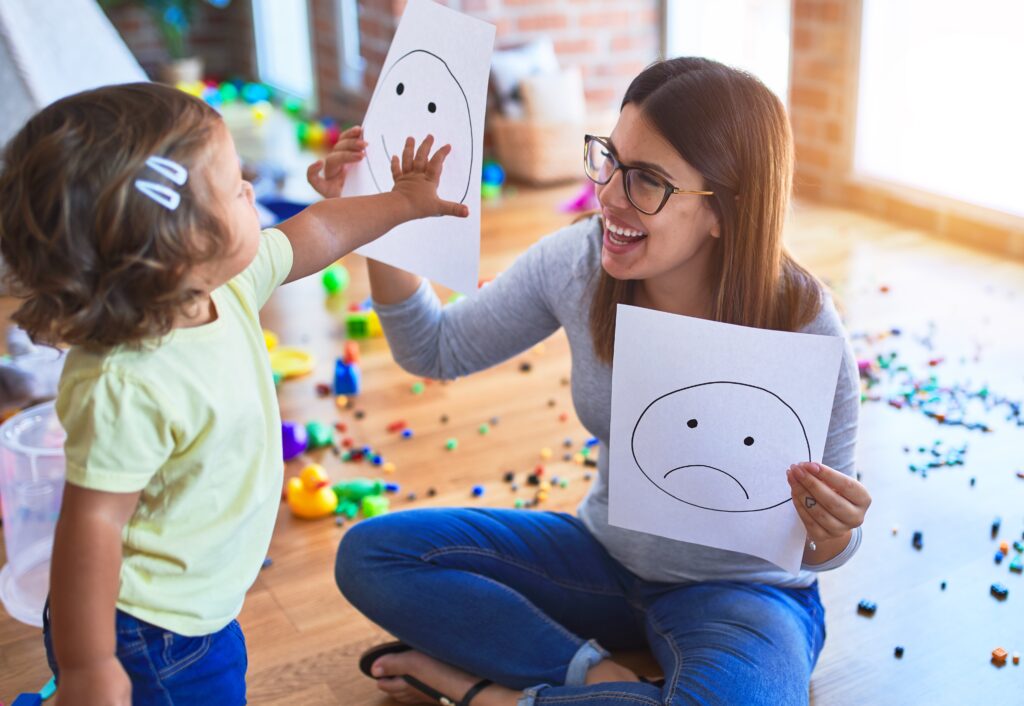Often times when working with clients who suffer from symptoms of anxiety and depression, I hear “I just want to feel better, I want to feel good”. Self-esteem is a trait often looking to be boosted when someone is looking to “feel better”, but what exactly is self-esteem? Is there something more to it than just feeling good about ourselves?
Self-esteem, as defined by Dr. Kristen Neff, is feeling the need to be special and to be above average in everything that we do almost constantly. Anything less than that feels like a failure. Of course, it is completely understandable that someone would want to feel special, but for some reason, it is not enough to just be average at something. I mean, honestly, picture spending weeks preparing and memorizing a big presentation for an upcoming work conference. After the presentation I’m sure you’d rather hear “Wow! You were fantastic! I learned so much! That was the best presentation I heard all day!”, but imagine getting this feedback… “Oh, the presentation was fine”. OUCH! You might be thinking, “Sure, I worked weeks for my presentation to just be FINE”. A lot of this comes from societal expectations, how we were parented, and the expectations and pressures we put on ourselves to be successful.
The truth of the matter is there will always be someone whose presentation was a bit more prepared, someone who is thinner than us, someone more intelligent, someone with higher wealth, someone with a better house or car and so on and so on. The need to feel above others can actually have adverse effects on how we feel about ourselves. When we don’t feel special or above average, we can start being incredibly hard on ourselves. Thoughts of “I’m worthless” or “I’m not good enough” have come up often in my work with clients.
So, what’s the answer? What’s the alternative to constantly seeking to be the best at everything? The answer is self-compassion. The ability to stop judgments and evaluations of ourselves altogether. Now, stay with me on this! This is not an easy thing to do when our brains have been made to address problems and find solutions. If there is something that we find about ourselves that we don’t like, we want to fix it. We want it to no longer be a negative thing in our lives. To have high self-esteem is not possible 100% of the time. Self-compassion, however, will always be there. It can help to keep you moving through the hard times and move to a better place.
So, what exactly IS self-compassion? Self-compassion has three core components:
1) Self-Kindness
2) Recognition of common humanity, and
3) Mindfulness
First, self-kindness is being gentle with ourselves and having an understanding with ourselves rather than being harsh, critical or judgemental. When a friend makes a mistake and has the wrong time for our coffee date, we are able to forgive or understand how that could happen. If WE make a similar mistake, we tend to beat ourselves up for the mistake and may judge ourselves for not being more responsible. Our culture has taught us to take care of our friends and family and to be kind to others when they are struggling, but what about us?! Self-kindness requires us to understand our failures and mistakes rather than condemning them. In addition to understanding, it is also about actively comforting ourselves. If that same friend began to become really upset or cry at the mistake, you might say something like, “we all make mistakes, it’s okay” and maybe reach out to grab their hand or offer a hug. We must offer this same comfort to ourselves in times of upset.
Second, recognition of common humanity. WE ARE ALL IN THIS THING TOGETHER! Self-compassion honors the fact that all human beings make mistakes. When we are able to get in touch with our common humanity, we are able to remember that feelings of disappointment or inadequacy are also shared by others. It can be healing to remind ourselves “I am not alone in this”. We are, by human nature, designed to be connected to others. When we can challenge some of our negative thoughts and beliefs about what we “should” be, we can get more in touch with our humanness.
Third and finally, mindfulness. Being mindful of what is. Mindfulness at its core is a state of being. It refers to the clear seeing and nonjudgmental acceptance of what is occurring in the present moment. It can be hard to not be in the present moment when being stuck in the future of “shoulds” and being stuck in the past of “what could have been”. To give ourselves compassion we have to first acknowledge and recognize what we are feeling and notice those moments of suffering. When we can recognize feelings of guilt, sadness, loneliness, and so on we can then be responsive to these moments with compassion. Because our brains are designed to steer us away from pain (think of putting your hand around a hot cup of tea, that immediate response and reaction to remove your hand to protect yourself), it can be difficult to turn towards the pain, be mindful that it is in fact painful, and be with it as it is. The more we resist pain, the more we inevitably suffer.
There are many benefits to engaging in self-compassion including increased emotional resilience, increased motivation, personal growth, increased compassion for others and so much more. By learning to treat ourselves with self-compassion we can begin to focus on feeling good versus being perfect. If you feel that you can’t change or treating yourself with compassion is too hard, start there. Have compassion for that feeling and just start there.








